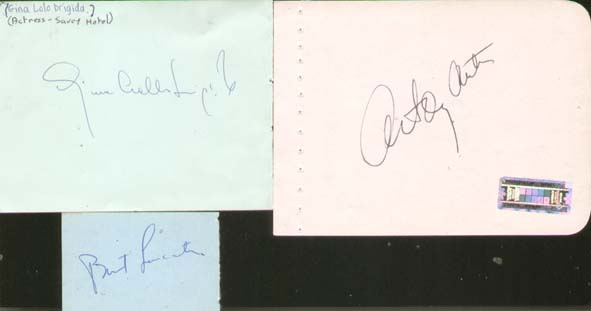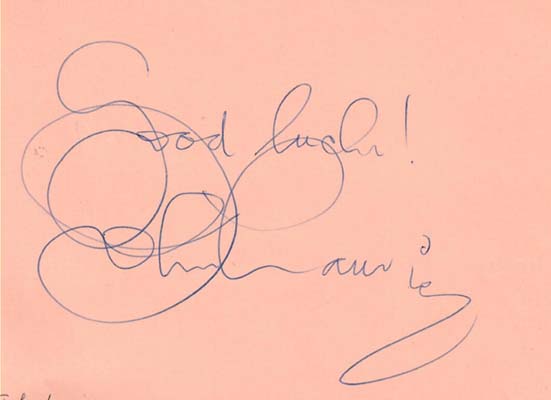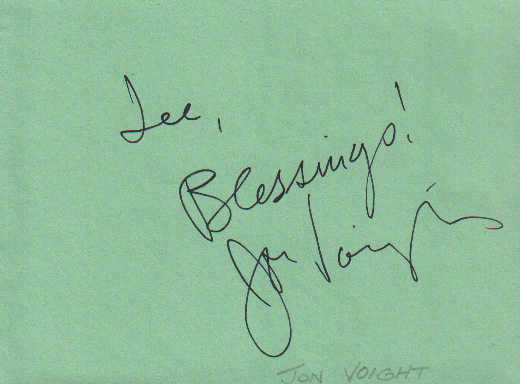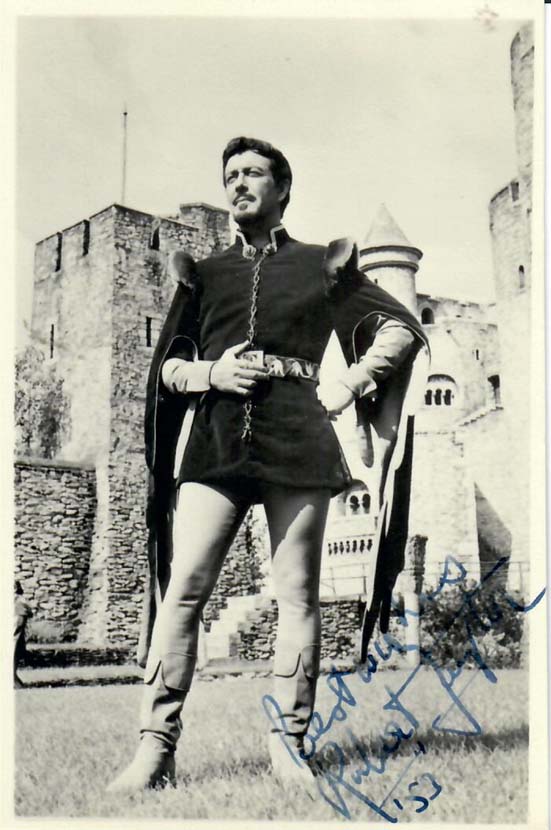Bill Robinson
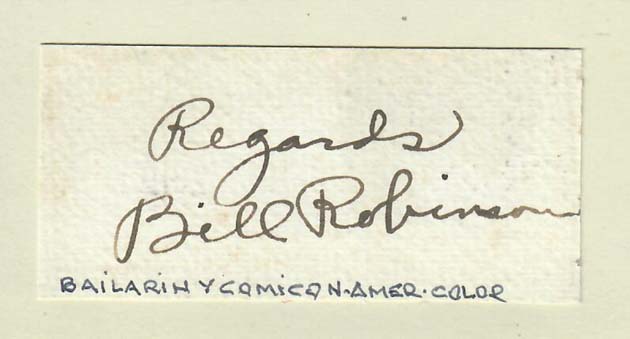
Bill Robinson
BILL "BOJANGLES" ROBINSON d1949. American tap dancer, actor and singer. The best known and the most highly paid African-American entertainer in the United States during the first half of the 20th century. His long career mirrored changes in American entertainment tastes and technology. His career began in the age of minstrel shows and moved to vaudeville, Broadway theatre, the recording industry, Hollywood films, radio and television. He is famous for his dancing with Shirley Temple in a series of films during the 1930s and for starring in the musical Stormy Weather (1943), loosely based on his own life and selected for preservation in the National Film Registry. He used his popularity to challenge and overcome numerous racial barriers. He was one of the first minstrel and vaudeville performers to appear as Black without the use of blackface makeup, as well as one of the earliest black performers to perform solo, overcoming vaudeville's two-colored rule. He was the first black performer to appear in a Hollywood film in an interracial dance team (with Shirley Temple in The Little Colonel 1935) and the first black performer to headline a mixed-race Broadway production. He came under heavy criticism for his apparent tacit acceptance of racial stereotypes of the era with some critics calling him an Uncle Tom. He strongly resented this. In his public life, he led efforts to persuade the Dallas Police Department to hire its first black policeman / lobby President Franklin Delano Roosevelt during WW2 for equal treatment of black soldiers and stage the first integrated public event in Miami. He was a popular figure in both black and white entertainment worlds of his era and is remembered for the support that he gave to fellow performers. Despite being the highest-paid black performer of the time, he died penniless aged 71 on November 25th 1949, his funeral paid for by longtime friend Ed Sullivan

Bill Robinson
Reference Number. 14197P
A rare original vintage circa 1930s cut page, clearly signed in ink by Bill Robinson
View more information